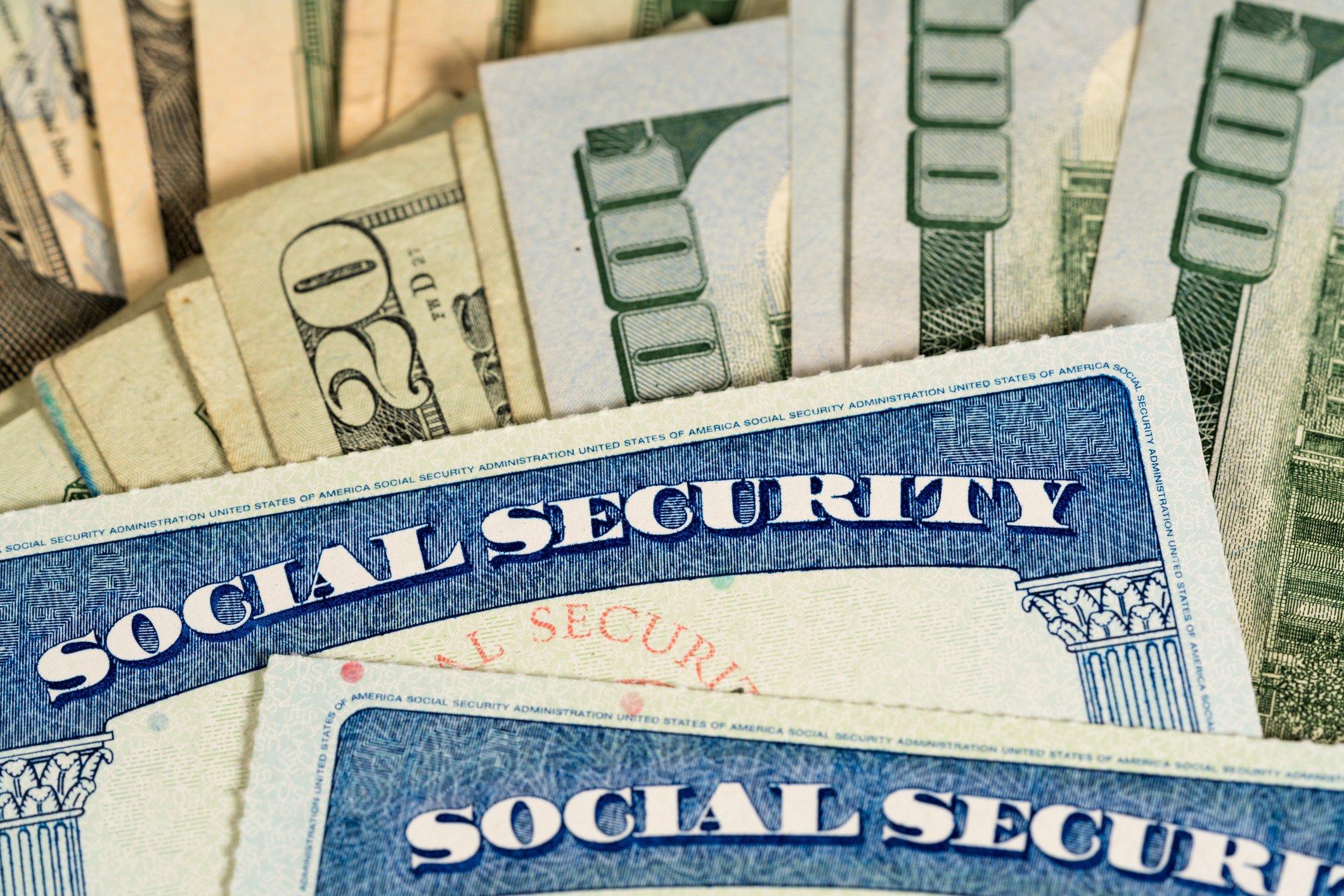Retirement is an exciting milestone to look forward to -- but also a potentially stressful one, at least from a financial perspective. And if you're not careful about how you manage your money, you could all too easily wind up cash-strapped and miserable. With that in mind, here are a few key mistakes to avoid in the coming year.
1. Failing to budget
Without a budget, you'll have a hard time keeping track of your spending in retirement. And when you're working with a fixed income, that's problematic. A better plan, therefore, is to go through your expenses, figure out exactly what your bills look like, and make sure you have enough retirement income to keep up with them. If you're cutting it dangerously close every month, you may need to start scaling back in certain spending categories to ensure that you don't deplete your retirement savings too rapidly.

IMAGE SOURCE: GETTY IMAGES.
2. Assuming the 4% rule is the right rule for you
Many financial experts advocate following the 4% rule, which states that if you begin by withdrawing 4% of your savings balance during your initial year of retirement, and then adjusting subsequent withdrawals for inflation, your savings should last 30 years. But that rule is problematic for a number of reasons. First, it makes assumptions about your investment mix (that you're pretty evenly split on stocks and bonds, which may not be the case). Next, it assumes a higher return than bonds typically pay today. And finally, it assumes you didn't retire on the early side, or won't live an extra-long life and therefore need more than 30 years' worth of income.
Rather than rely on the 4% rule, assess your own savings and lifestyle, and find a withdrawal rate that works for you. That could mean starting out with a more conservative withdrawal rate -- say, 2.5% -- and adjusting that figure upward if your investments perform better than expected. Or, it could mean starting out with 4%, but paying attention to ensure that you don't need to shift downward in the future.
3. Forgetting you're liable for taxes
Many seniors are surprised to learn that much of their income is, in fact, taxable during retirement. If you have a traditional IRA or 401(k), the withdrawals you take from it are taxed as ordinary income. Furthermore, pension income is often taxable, though there are some exceptions. And if your income exceeds a certain threshold, your Social Security benefits will be subject to taxes, too. The same holds true if you retire to a state that taxes benefits independently. The takeaway? Read up on taxes in retirement, and plan accordingly. If you're planning to withdraw, say, $2,000 a month from a traditional retirement plan to cover living expenses, know that the IRS is going to take a chunk of that.
4. Neglecting your RMD
Unless you're housing your retirement savings in a Roth IRA, once you turn 70-1/2, you must withdraw a certain portion of your account balance every year. If you fail to take that required minimum distribution, or RMD, you'll face a 50% tax penalty on the amount that isn't withdrawn. This means that if your RMD for the year is $10,000, and you don't take any of it, you'll effectively be giving away $5,000 to the IRS. That's definitely not what you want, so pay attention to RMD deadlines. If you turned or are turning 70-1/2 at any point in 2019, your first RMD must be taken by April 1, 2020. From there, all subsequent RMDs are due by the close of each calendar year.
The last thing you want to do is wreck your retirement because of poor planning. Set up a budget, establish a smart savings withdrawal strategy, plan for taxes, and take your RMDs on schedule. In doing so, you'll help yourself avoid a world of stress so you can enjoy your golden years as much as possible.





